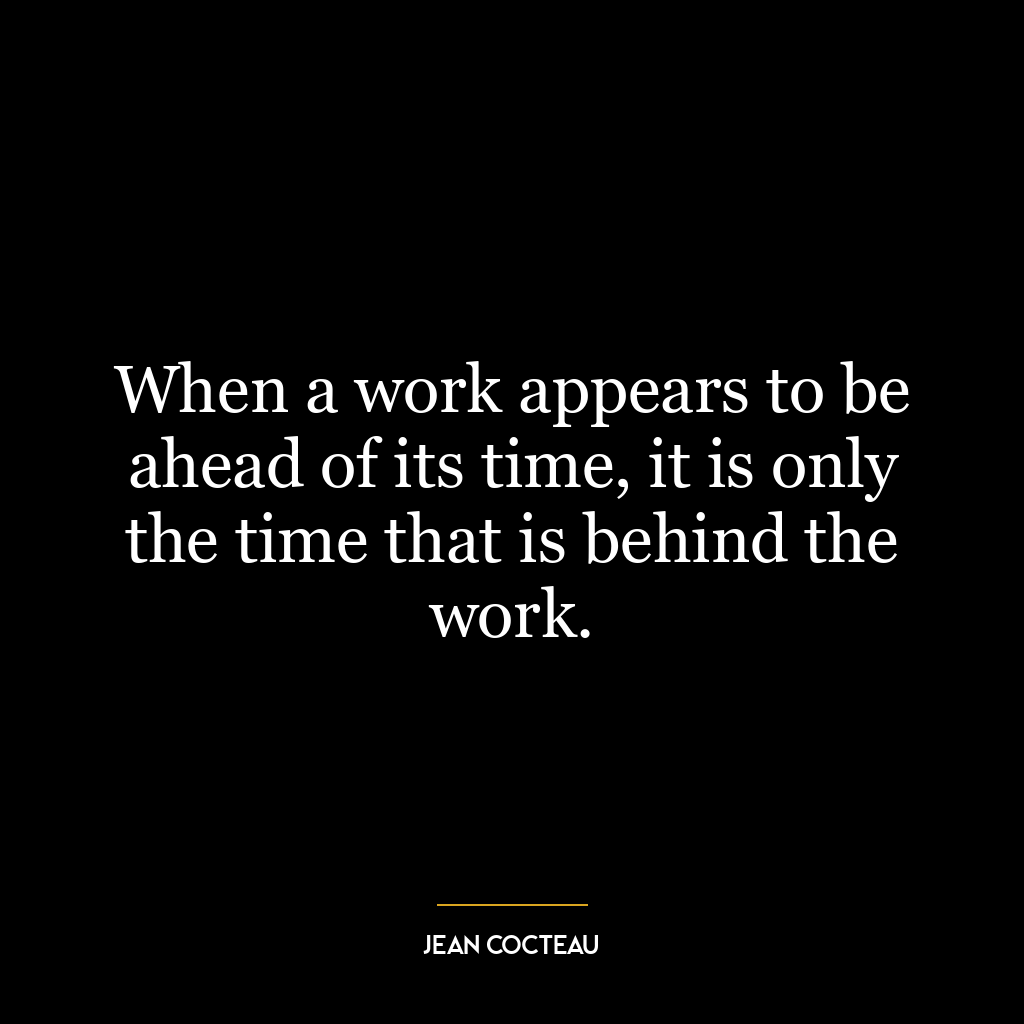The poor man commands respect; the beggar must always excite anger.
This quote by Napoleon Bonaparte contrasts the societal attitudes towards the poor and the beggars. The poor man, despite his financial struggles, is often seen as respectable as he still strives to be self-reliant, making the best of his circumstances. The beggar, on the other hand, is viewed as someone who has surrendered to his situation and relies on the charity of others, which can incite anger or frustration in some as they may perceive this as a lack of initiative or an attempt to take advantage of others’ kindness.
The quote suggests a value judgement on the part of the observer, emphasizing the importance of self-reliance and dignity in poverty. It underscores the idea that respect is not necessarily tied to wealth, but rather to one’s attitude and actions in the face of adversity.
In today’s world, this can be applied to the way we perceive and interact with people who are financially less fortunate. It encourages us to look beyond the surface and consider the individual’s efforts, resilience and dignity, rather than passing judgement based solely on their financial status.
In terms of personal development, this quote can inspire us to maintain our dignity and strive for self-reliance, no matter our circumstances. It suggests that we should not let adversity define us, but rather, we should command respect through our actions and attitudes. This can also be a reminder to be compassionate and understanding, recognizing that everyone’s journey is different and challenging in its own way.













